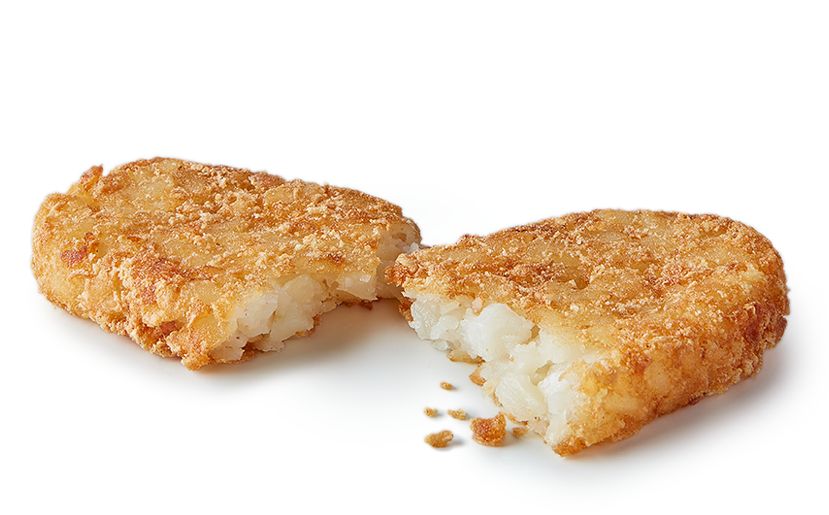A Nutritional Analysis of McDonald’s Hash Browns What you need to Know
SEO
- 0

McDonald’s hash browns are a popular breakfast choice known for their crispy exterior and soft potato interior. While they are a convenient and satisfying option mcdonald’s hash brown calories , understanding their nutritional content is essential for making informed dietary choices. This article provides a comprehensive analysis of the nutritional aspects of McDonald’s hash browns, including calories, fat, carbohydrates, and other key nutrients, as well as considerations for health-conscious consumers.
Calories in McDonald’s Hash Browns
One McDonald’s hash brown typically contains approximately 150 calories. This calorie count can vary slightly based on factors such as regional variations and specific preparation methods. Despite being relatively small in size, hash browns contribute a moderate amount of calories to one’s daily intake, making portion control important for those watching their calorie consumption.
Fat Content and Types of Fat
McDonald’s hash browns are fried in vegetable oil, which contributes to their fat content. Each hash brown contains about 9 grams of fat. The majority of this fat is saturated fat, which is considered less healthy when consumed in excess as it can raise cholesterol levels and increase the risk of heart disease. Limiting saturated fat intake is recommended as part of a balanced diet.
Carbohydrates and Dietary fiber
Carbohydrates are a primary energy source in McDonald’s hash browns, providing around 15 grams per serving. These carbohydrates mainly come from the potatoes used in the hash browns. However, hash browns are relatively low in dietary fiber, which is important for digestive health and maintaining satiety. Pairing hash browns with fiber-rich foods like fruits or whole grains can help increase overall fiber intake.
Protein and other Nutrients
McDonald’s hash browns are not a significant source of protein, containing only about 1 gram per serving. They also provide minimal amounts of vitamins and minerals, as they are primarily made from potatoes and undergo frying during preparation. While hash browns do provide some energy and satisfaction, they are considered a processed food with limited nutritional benefits beyond calories and carbohydrates.
Health Considerations and Moderation
While enjoyable as an occasional treat, McDonald’s hash browns should be consumed in moderation due to their calorie and fat content. For individuals managing their weight or following specific dietary guidelines, such as those for heart health, balancing hash browns with nutrient-dense foods is advisable. Opting for healthier breakfast options like oatmeal, fresh fruit, or egg white breakfast sandwiches can provide more balanced nutrition.